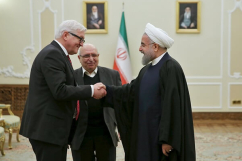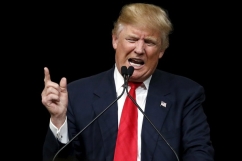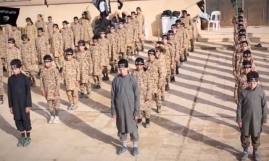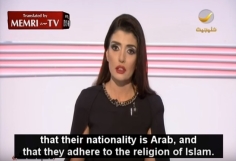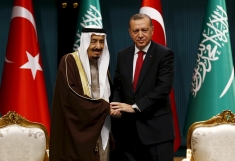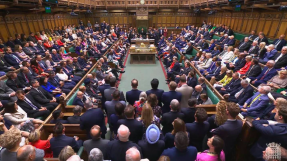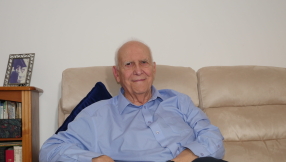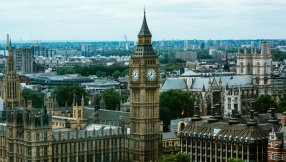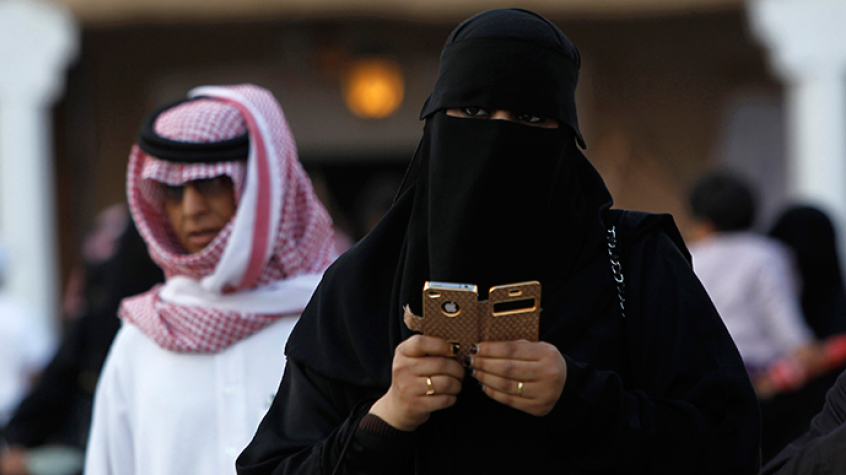
The Kingdom of Saudi Arabia has issued a new directive curtailing the arrest power of its religious police, also known the Commission for the Promotion of Virtue and Prevention of Vice, effectively limiting the latter's heavy-handed approach in dealing with the public, CNN reports.
The commission, a 5,000-strong force, is tasked to enforce the kingdom's religious and social policies, such as ensuring women cover themselves in public or that shops are closed during prayer time, The Independent reports.
The religious police, known as the Haia force or "mutawaa," also conduct patrols in parks, streets and shopping centres, work to combat drug use, and stop unrelated men and women from mingling in public.
The commission is also one of several government agencies monitoring online activity in the kingdom, according to the official Saudi Press Agency.
Prior to the latest update, the religious police could arrest anyone accused of serious violations of Islamic law, including using alcohol or drugs and performing acts that resemble witchcraft, the report said.
The new guidelines approved by the Saudi cabinet on Wednesday now prohibit the commission from detaining people.
The guidelines stipulated that religious police officers must "carry out the duties of encouraging virtue and forbidding vice by advising people kindly and gently.''
Under the new rules, the "mutawaa" can only help report "misbehaviors" by individuals to the police or drug police but could not "follow, chase, stop, question, verify identification, or arrest any suspected persons.''
"Neither the heads nor members of the Haia force are to stop or arrest or chase people or ask for the IDs or follow them—that is considered the jurisdiction of the police or the drug unit," the decree states.
They must also now wear visible identification badges detailing their name, work location and duration of work hours.
The directive likewise stipulates that men who work for the force "must be of good character and behaviour, known for their good reputation'' and must not have been sentenced to longer than one year in prison or have been convicted of crimes of dishonesty, the Independent says.
The decree also states that the religious police will no longer be overseen by the Interior Ministry but exclusively by the monarch.
The development was warmly welcomed by many Saudis.
"It's a significant development," Fawaz Gerges, professor of Middle Eastern studies at the London School of Economics.
He said the force has been criticised in the past for its heavy-handed approach to enforcing the Shariah law and has "misbehaved, mistreated families and overstepped its authority."
Gerges said many of the incidents that have triggered public debate around the role of the country's religious police have centred on its treatment of women.
"[The royal decree] establishes restrictions on the ability of the religious police and it basically protects citizens from the misbehavior of one particular individual within the religious police," he said, CNN reports.
However, Gerges cautioned that while the move is a "positive step,'' it should not be mistaken as the beginning of significant social reform across Saudi Arabia.










